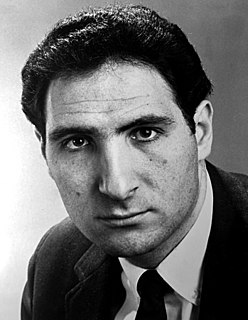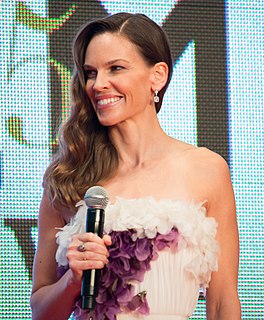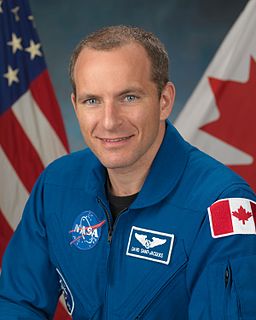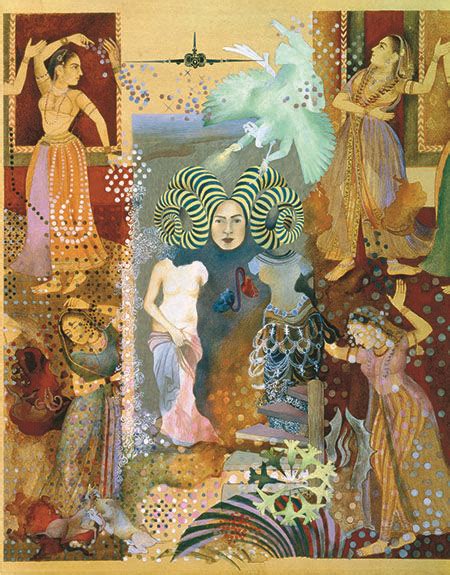A Quote by Kathleen Rubins
We have to engineer devices that are going to work in space stations. Those same things are going to work in the most remote regions on Earth.
Related Quotes
The religious and irreligious are agreeing with each other almost all the time. Their rhetoric is the same, and their plans are the same. Through slightly different interpretations, they all think the same thing is going to happen, that the Earth is going to be perfected and that humans are going to do the work of perfecting it.
I'd like to reiterate that the opportunities in space are going to be vastly different than they've been before, so, for young Canadians preparing for their futures, it's important to understand that there are going to be many opportunities to work in either new space industries that are being developed or to actually go to space, to be one of the people to join our team of explorers who are going to leave lower-Earth orbit. That, ultimately, is amazing, the opportunities we'll have.
Going into orbit around Earth - where the space station is today, and where the space shuttles and John Glenn and all those folks go-that's three-eighths of an inch above a schoolroom globe, just FYI. That's not very far from Earth. Yes, you are off Earth, but you're not really going anywhere yet. The moon was the only real destination.
I was not going to be an actor. I was an engineer in physics. That's what I did: I graduated with a physics degree, and I had become a little bit distressed that I'd have to work for somebody - anybody! And I thought, "I'm not going to make a mark on anything. If I can't express myself, then I don't know what the heck I'm going to do with this life." I think it was just one of those germs that said, "No, no, no, you've got to say things. You've got to tell people things. You've got to express your opinion in this life, because that's how you started."
You're not always going to hit the bull's-eye. I'm going to make movies that work and I'm going to make movies that don't work, and that's just a part of being creative. Because really, I think if you're taking risks and you're pushing yourself and you're doing things that scare you, you are going to fall on your face, and it's not always going to work.
Space is our tool to take care of the world. From space, we know the Earth is fragile, and we can follow oil spills and forest fires, and monitor the environment and save it. The needs of remote communities and the needs of astronauts are similar. Canada is a country that is big and has a lot of people living in faraway places. Physicians in remote areas need to have contact with more senior colleagues. We depend on telehealth for advice, X-rays, labs. At the most simple technical level, space technology contributes to remote health care.
If you're going to make work and you're going to write and you're going to put yourself out there and perform, you will be belittled, you will be insulted, you will be called a standard collection of names, you will be accused, and you just have to stand there and continue to work and find a way to not let those things poison you.
The ultrasound that has application not only in space for a long mission or for a mission to the Moon or Mars, but also in remote areas on the Earth. Not even just - I'm not even talking about expeditions like to the Antarctic, but just a remote area, a small town somewhere. The local doctor is not going to know everything, and so if that person can link in with a diagnostic ultrasound to the hospital in New York City through the internet, then they can do a very quick diagnosis of something that's wrong with someone that's in this remote area.
I think context, location matters a lot. Because location obviously in my situation, it's the space in which the work is going to be exhibited. And since some of the work I do is created onsite, it requires a different type of space, versus the smaller drawings or more subject-oriented work. So that the context becomes important.
































